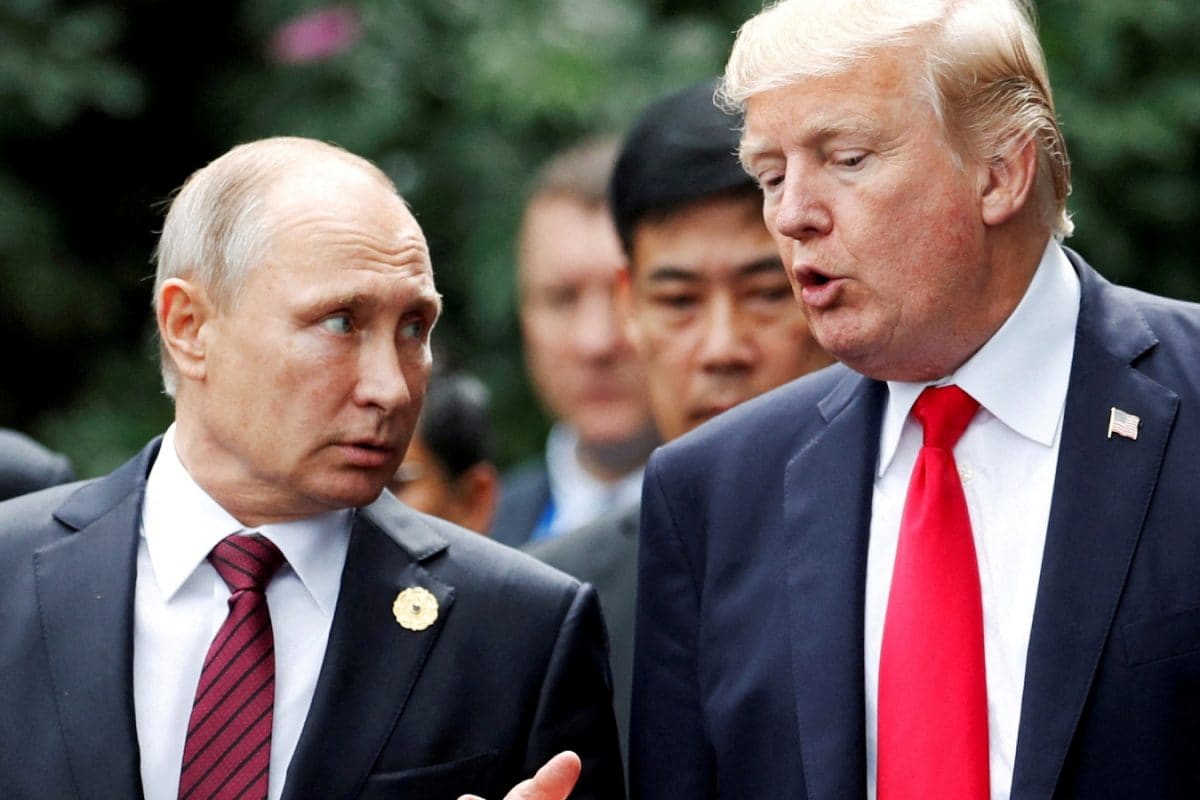

President Trump has asserted that recently imposed tariffs on India, targeting its import of Russian oil, have significantly impacted Russia's economy. Speaking at a White House press conference, Trump stated that Russia's economy is "not doing well" due to the "very well disturbed" circumstances created by American trade duties and global pressures. He directly linked India's energy purchases from Russia as a key pressure point, emphasizing that the 50% tariff on Indian purchases of Russian oil served a "big blow" to Moscow.
These tariffs, which combine a 25% reciprocal tariff on Indian goods with an additional 25% levy specifically on Russian oil imports, have raised concerns in New Delhi. The Indian government has criticized the tariffs as "unfair, unjustified, and unreasonable". External Affairs Minister S. Jaishankar is expected to visit Moscow to discuss the matter, highlighting the importance of the India-Russia relationship.
India's reliance on Russian oil has grown substantially since the start of the war in Ukraine in 2022. Facing discounted prices as Western nations reduced their dependence on Russian energy, India ramped up its imports, with Russian crude now constituting approximately 40% of India's oil imports. This reliance has provided India with significant cost savings, estimated at up to $33 billion between 2022 and 2024. However, it has also drawn scrutiny from the U.S. and other Western nations, who argue that these purchases support Russia's war efforts.
The imposition of tariffs has created a complex situation for India. On one hand, India's energy security depends on affordable Russian oil. Cutting off these supplies could increase import costs by $3-5 billion annually. On the other hand, the tariffs threaten India's export revenue and access to the U.S. market. Some experts suggest that India may be forced to reduce its oil trade with Russia, while others believe that India will not abandon Russian oil overnight due to its deep military and diplomatic ties with Moscow.
In response to the tariffs, there are indications that Russia is redirecting some of its oil exports from India to China. Bloomberg reported that barrels of Urals oil are being offered at a discount to Chinese refineries. While China could absorb some of the redirected supply, industry sources suggest it wouldn't exceed 300,000 barrels per day.
President Trump is scheduled to meet with Russian President Vladimir Putin in Alaska next week. The meeting is expected to focus on the conflict in Ukraine, but trade and energy relations are also likely to be on the agenda. Trump has indicated that he is open to a deal with Putin to end the war, potentially involving "land swapping" between Russia and Ukraine. However, he has also expressed a willingness to impose further sanctions on Russia if progress is not made.
The situation remains fluid, with the potential for further policy shifts and negotiations. The tariffs on India and the broader pressure on Russia's economy are part of Trump's strategy to address the conflict in Ukraine and advance U.S. interests. However, the impact on India, Russia, and global energy markets remains to be seen.